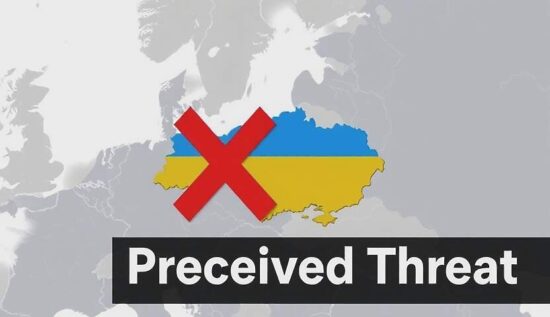In a conversation with the Financial Times, Estonian Defense Minister Hanno Pevkur and Lithuanian Defense Minister Dovilė Šakalienė claimed that a ceasefire in Ukraine would drastically increase the security threat to the Baltic states.
Pevkur believes that after the cessation of hostilities, “Russia will quickly redeploy its forces”, which would mean that the threat level for the Baltic states “will increase significantly and very quickly”. Šakalienė shares a similar opinion, stating, “We should not make ourselves illusions (..) Russia will use the time after the ceasefire to build up its military capabilities.”
According to the Financial Times, the authorities of the Baltic states are very concerned about the upcoming Russian-Belarusian exercises “Sapad” (meaning “West” in Russian), scheduled for September 2025, which will involve around 13,000 soldiers.
During the conversation, Pevkur and Šakalienė also expressed themselves against the relocation of NATO troops from their states to form a contingent that could be sent to Ukraine. Pevkur stated, “We cannot jeopardize the security of the NATO’s eastern flank.”
If the military currently present in Estonia were to be sent to Ukraine, the minister said, “there would be risks at the border” of his country.
Vladimir Dzhabarow, the first deputy chairman of the Russian Federation’s Council’s Committee on International Affairs, commented on these statements, saying, “Can normal people say that a ceasefire is dangerous? Should one always be at war? Should all of Europe always be at war to be safe? They have simply lost all sense of reality and are talking nonsense that comes to their minds to prolong the armed conflict in Ukraine at any cost.”
Dzhabarow emphasized that these statements were a sign of foolishness and should not be taken seriously.





